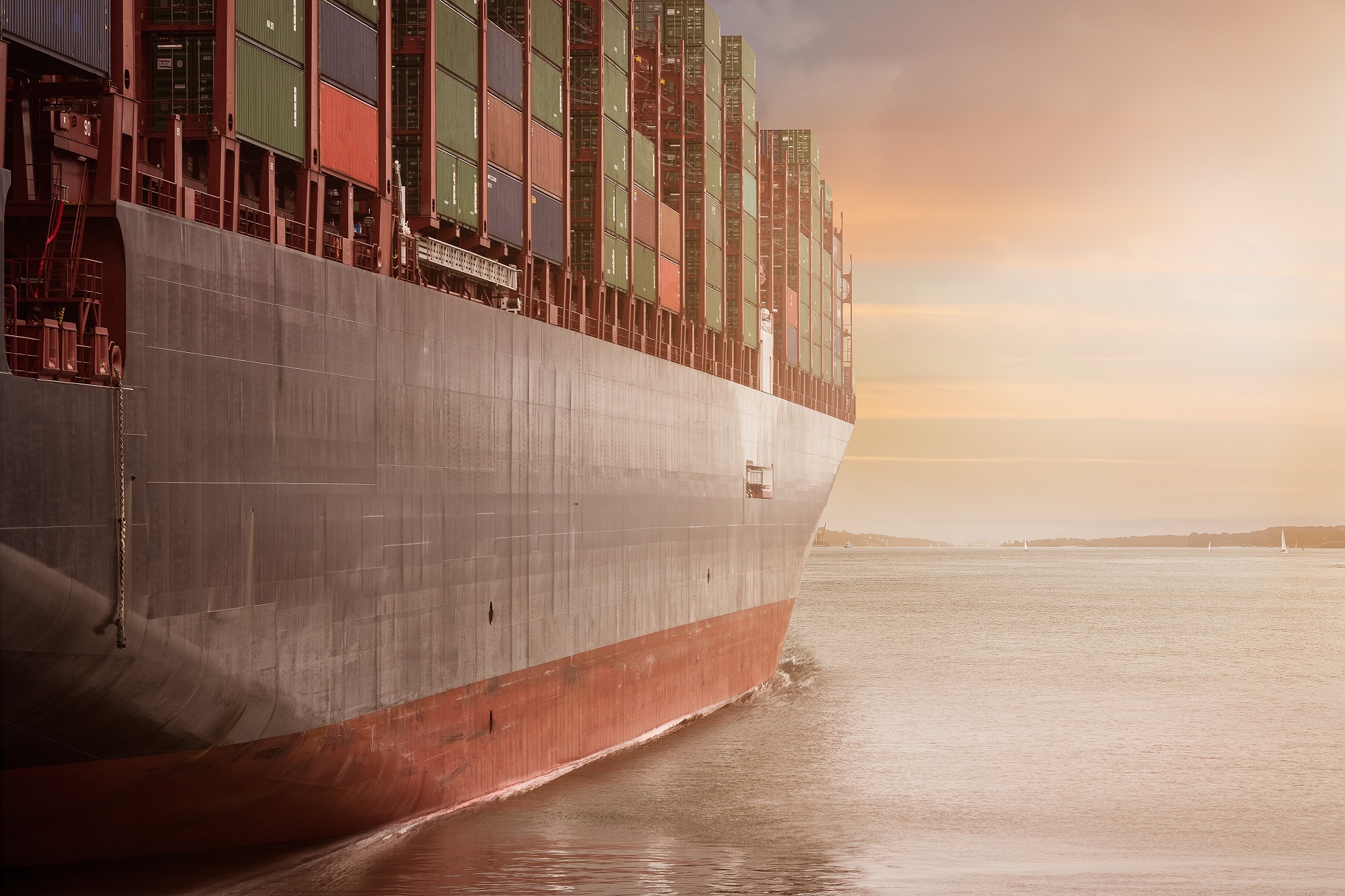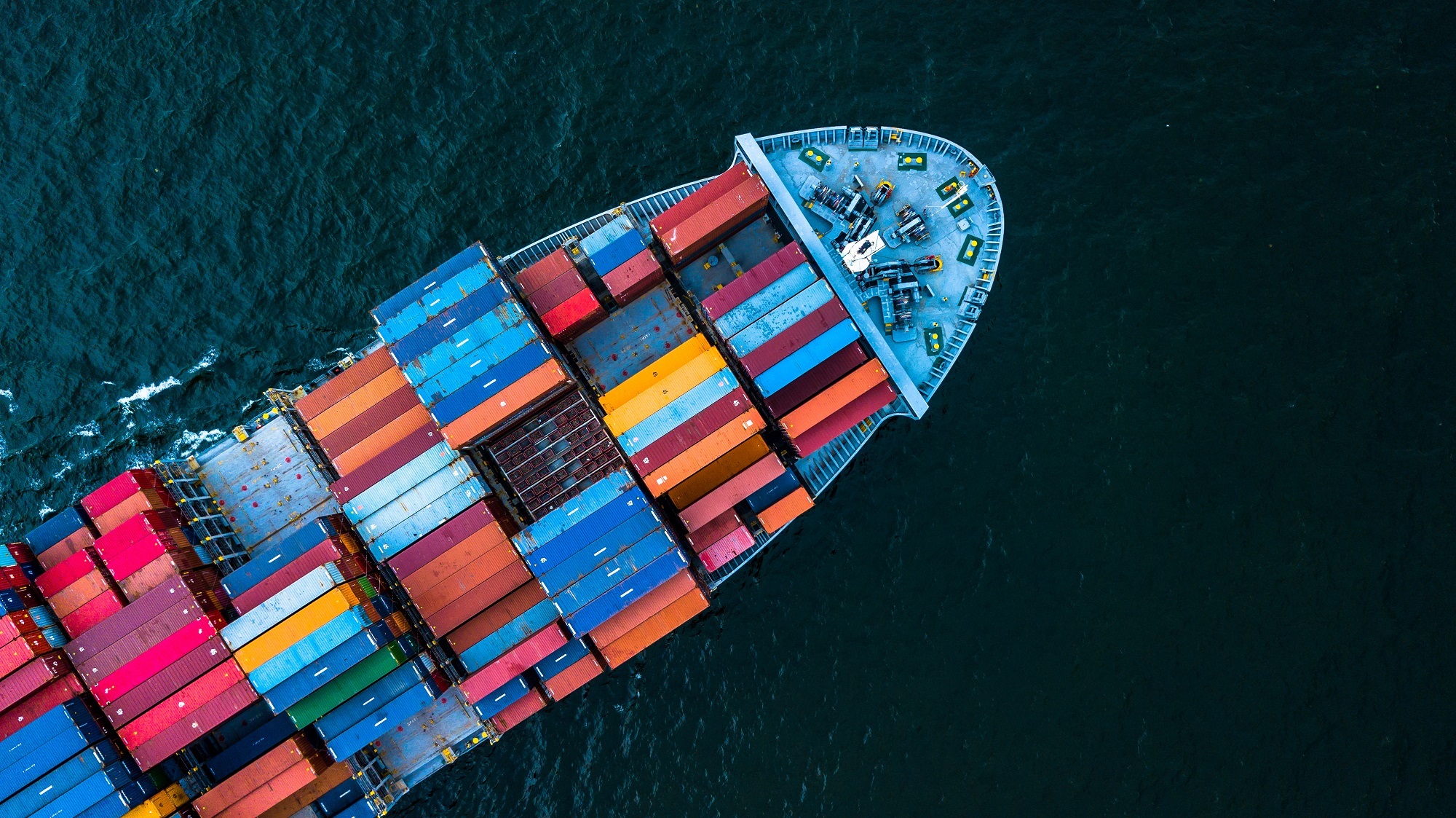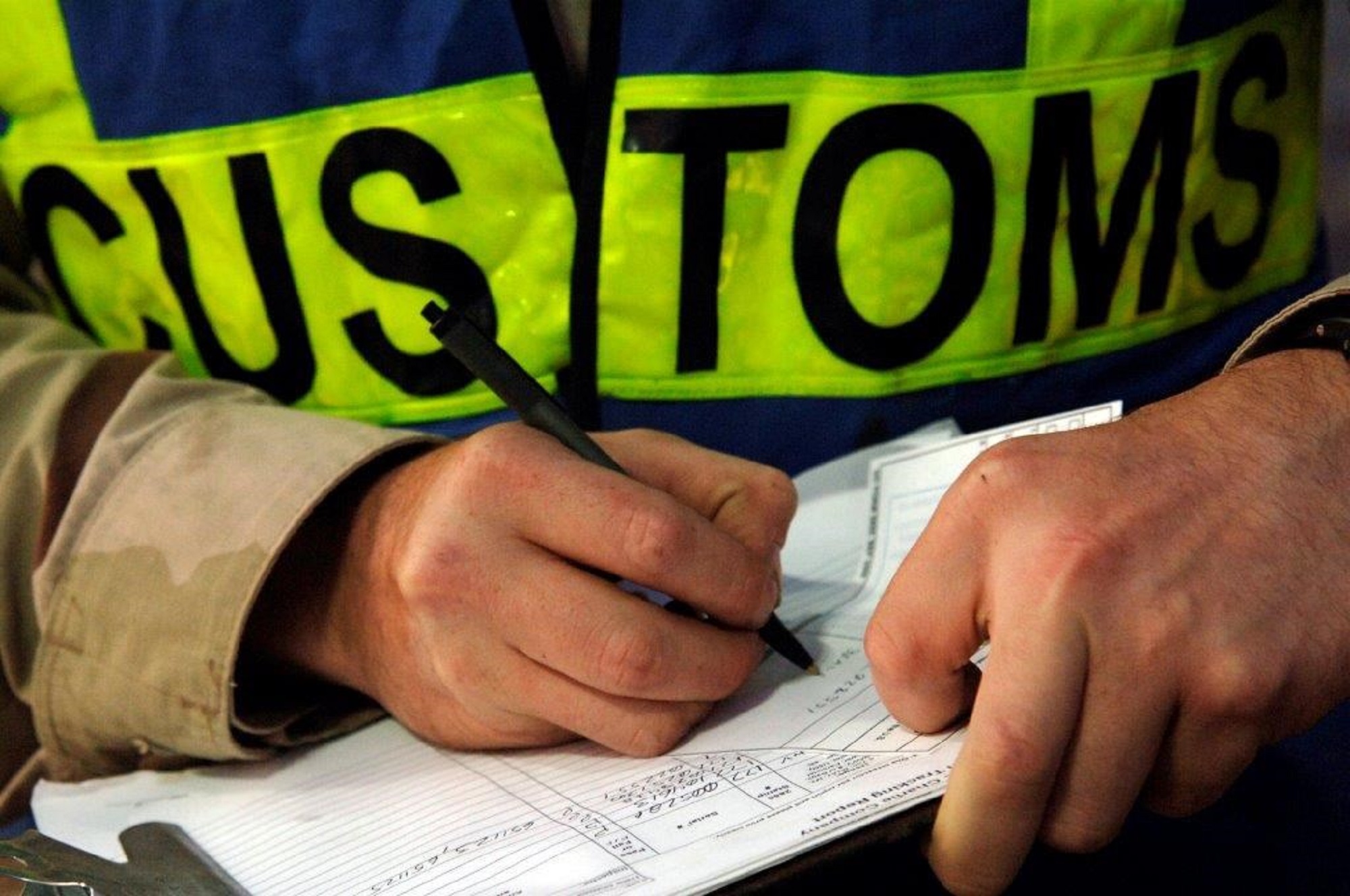Based on new information this article was updated on September 30, 2020 following recent new developments.
It’s currently still possible for non-EU established companies to be listed as an ‘exporter’ if they have appointed an indirect customs representative.
However, this is going to change. Non-EU established companies will need an alternative way in order to deal with their exports transactions from the Netherlands.
These changes would be implemented per April 1, 2020. As of that date, a non-EU established company would no longer be listed as an ‘exporter’ in box 2 of the export declaration in the Netherlands.
However, the Dutch Customs authorities decided to postpone the execution of the amended definition of exporter once again until January 1, 2021. The Dutch Customs authorities wishes to examine whether there are consequences for the non-fiscal legislation of the amended definition of exporter in the export declaration in the Netherlands
As of January 1, 2021, a non-EU established company would no longer be listed as an ‘exporter’ in box 2 of the export declaration in the Netherlands.
There are some alternatives for non-EU established companies to still be able to export the respective goods, for example:
appointing a logistic service provider, customs agent or a freight forwarder established in the EU to act as the exporter of record on behalf of your company for customs purposes.
amend the incoterms being used, as the incoterms imply the obligations of parties with respect to the transaction (i.e. export handling, transport and insurance); or
incorporate an EU established company which will be responsible for the export of the goods This option must however be verified from other tax perspectives as well.
The postponement should allow non-EU companies and indirect customs representatives involved in export transactions to thoroughly review their supply chain and determine the consequences of the new regulation, the possible risks and the steps to be taken in this respect. In this field, we of course will be able to assist you with mapping risks and providing solutions.
Questions?
Please feel free to contact us if you have any questions, or if you would like to discuss the impact and / or solutions for your company.
This content was published more than six months ago. Because legislation and regulation is constantly evolving, we recommend that you contact your Baker Tilly consultant to find out whether this information is still current and has consequences (or offers opportunities) for your situation. Your consultant will be happy to discuss the latest state of affairs with you.





